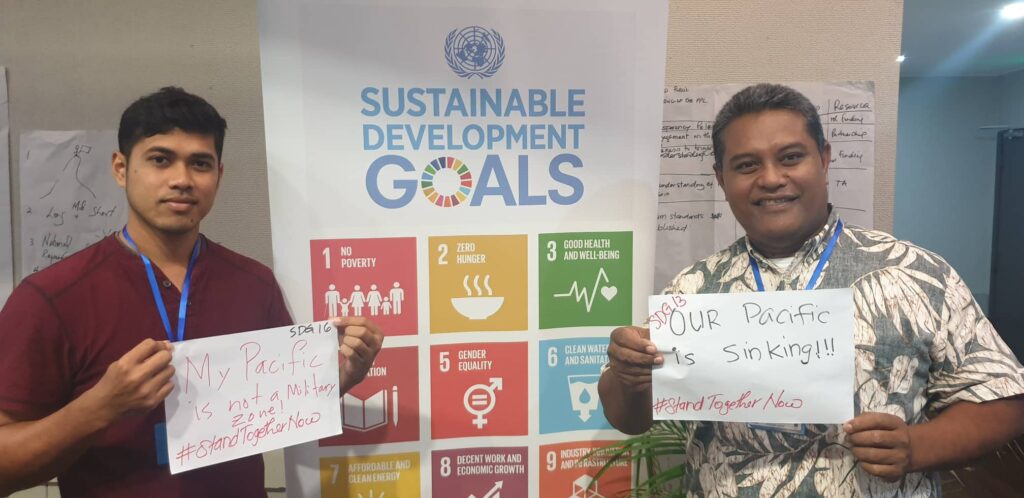Education, data and civil society engagement a concern for ted States of Micronesia (FSM)

Civil Society Organisations of Federated States of Micronesia welcomed their government’s Voluntary National Review (VNR) 2020, however the challenges highlighted in the report are of great concern specifically in the areas of education, data and civil society engagement.
The principle of leaving no one behind and the whole of society approach
should mandated the Government to establish an institutional mechanism for engaging civil society organisations in the implementation of the SDGs
beyond VNR and its highly recommended from FSM Civil Society Organisations.

The report recognized data gaps to inform the government’s
implementation of the SDGs and collaboration with CSOs could improve data collection especially from community levels.
The FSM Government must realize that collaboration with all stakeholders (private sector and civil society) will assist in compiling actual data needed for the indicators.
The recorded data of 35% of FSM population is children below 15 years old
with a medium population age younger than 21. Education is fundamental in the human socio-economic development for a well-being progressive future of youth, however the decline enrollment rate of final year in high school is a concern to the future labour force of the Country.
The negative impact of Climate Change and sea level rising on people’s
livelihoods specifically on agriculture and fisheries further challenged security of quality education for their children.
The financial investment of the Government in education is heavily reliant on Official Development Assistant (ODA), specifically on the Compact of Free Association with the United States that is currently negotiated for extension beyond 2023.
Which brings the question on “What is the Government alternative policy directions and plan of actions in response to interruption in the flow ODA that currently supports education and skills development for the future labour force of a youthfu population due to COVID19?
Ends
